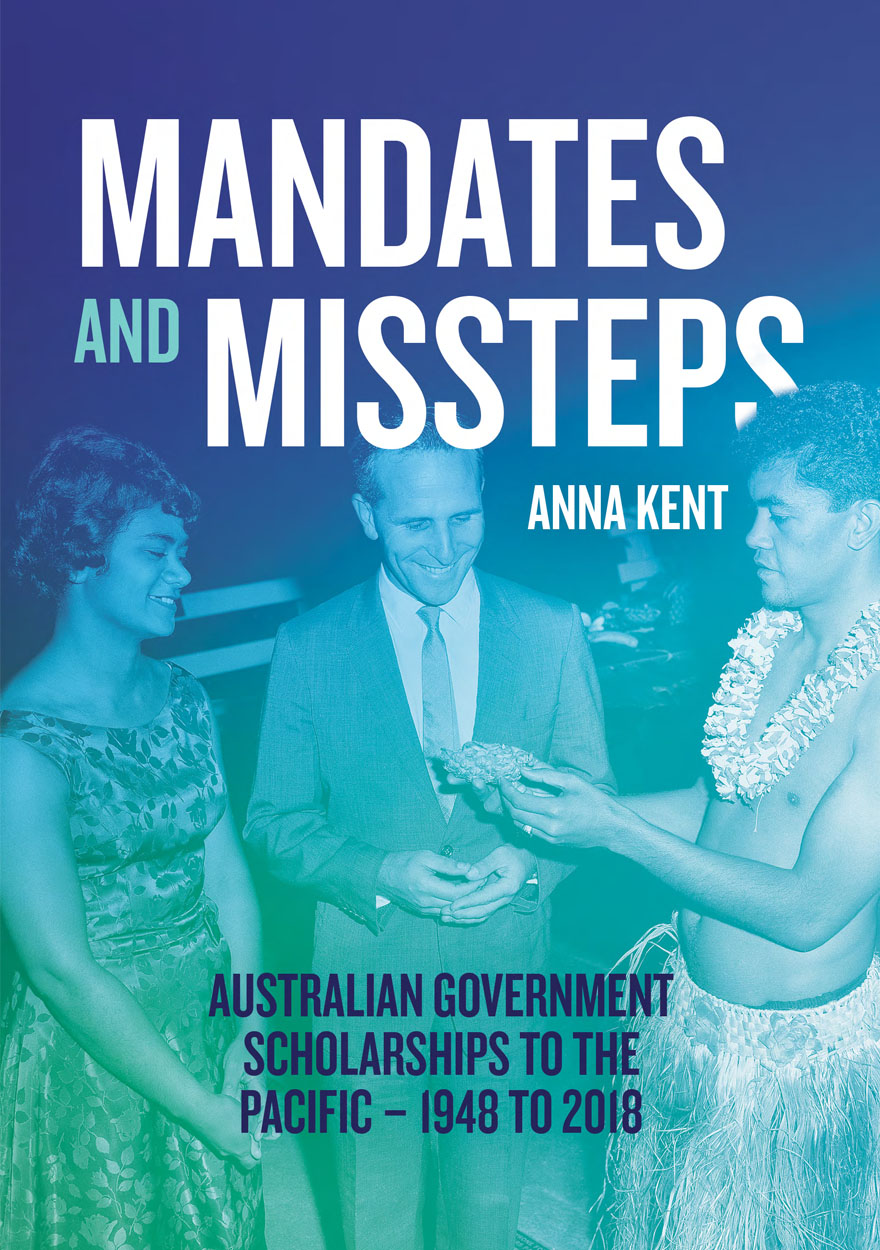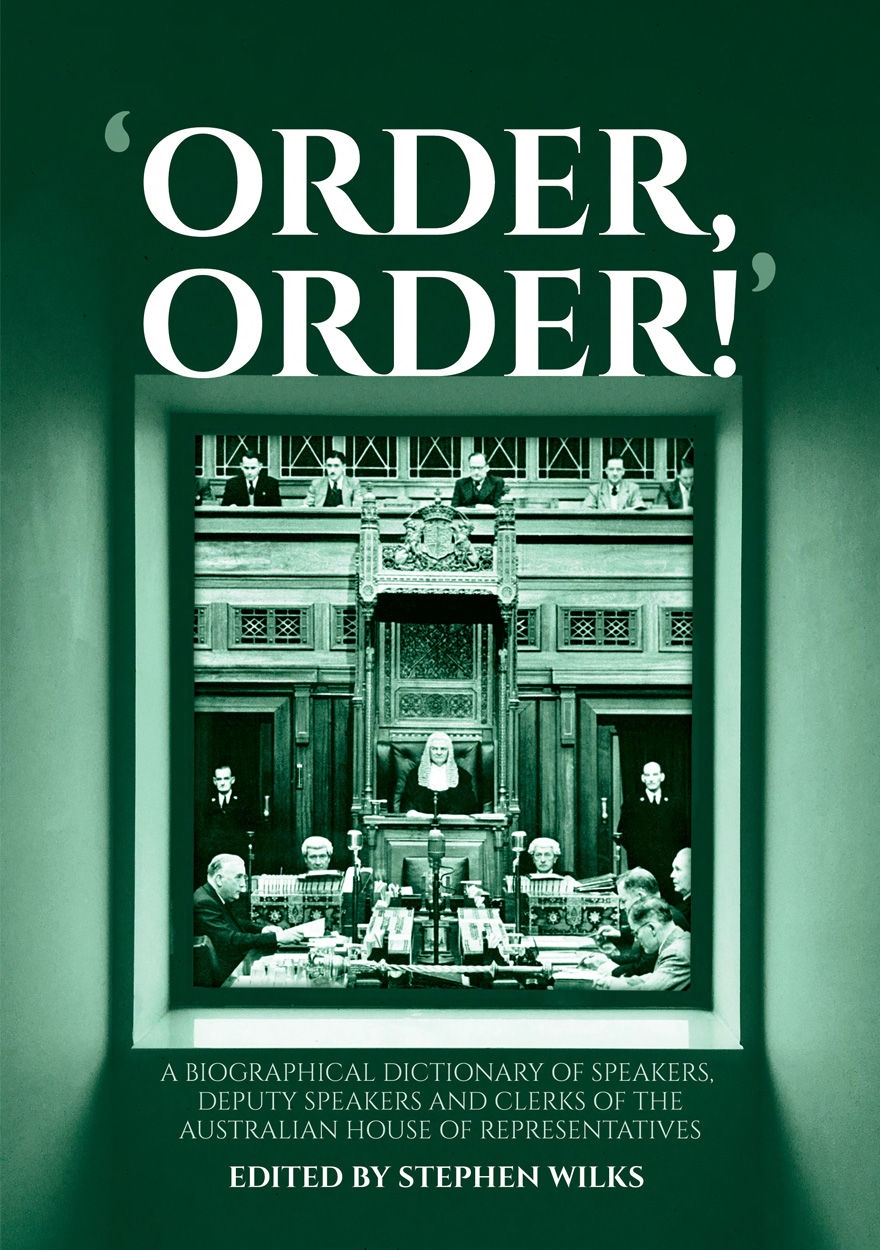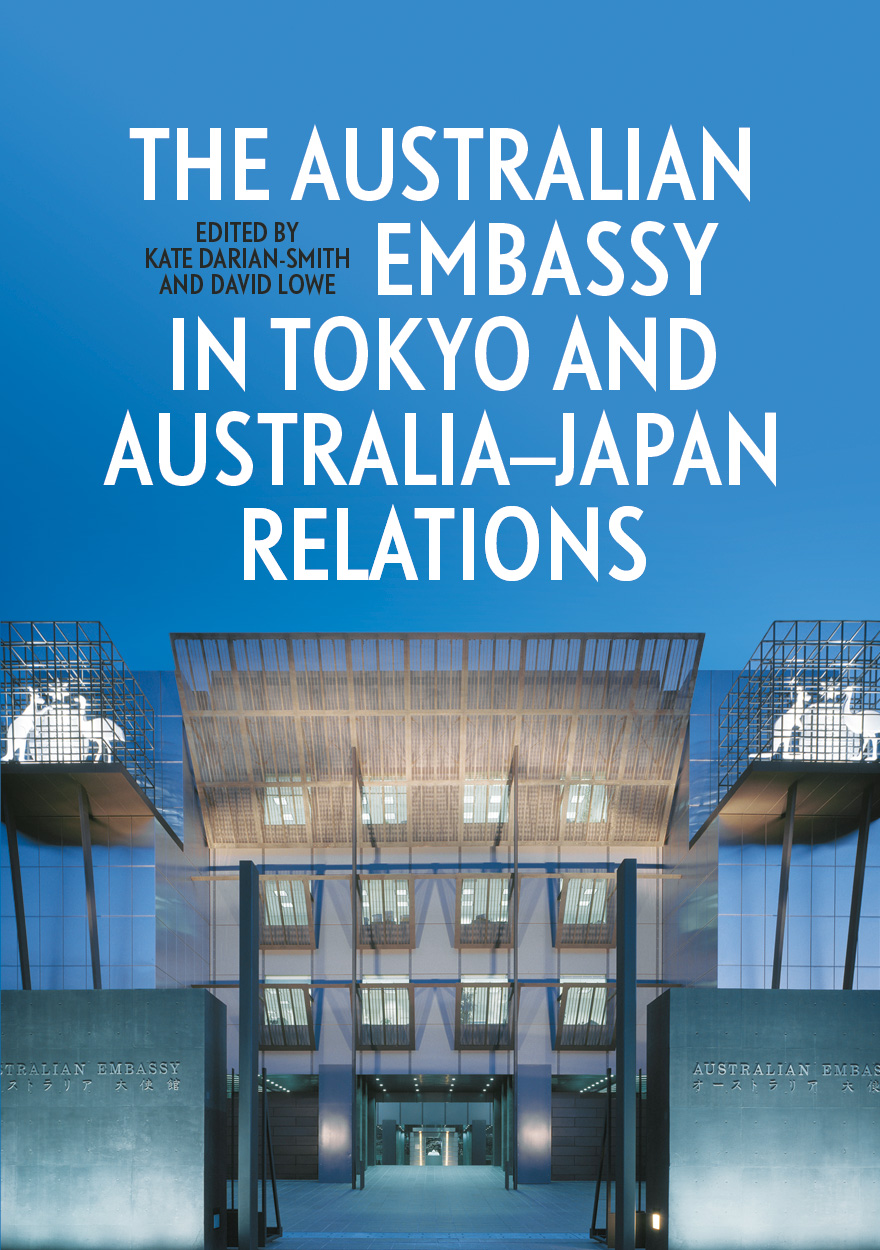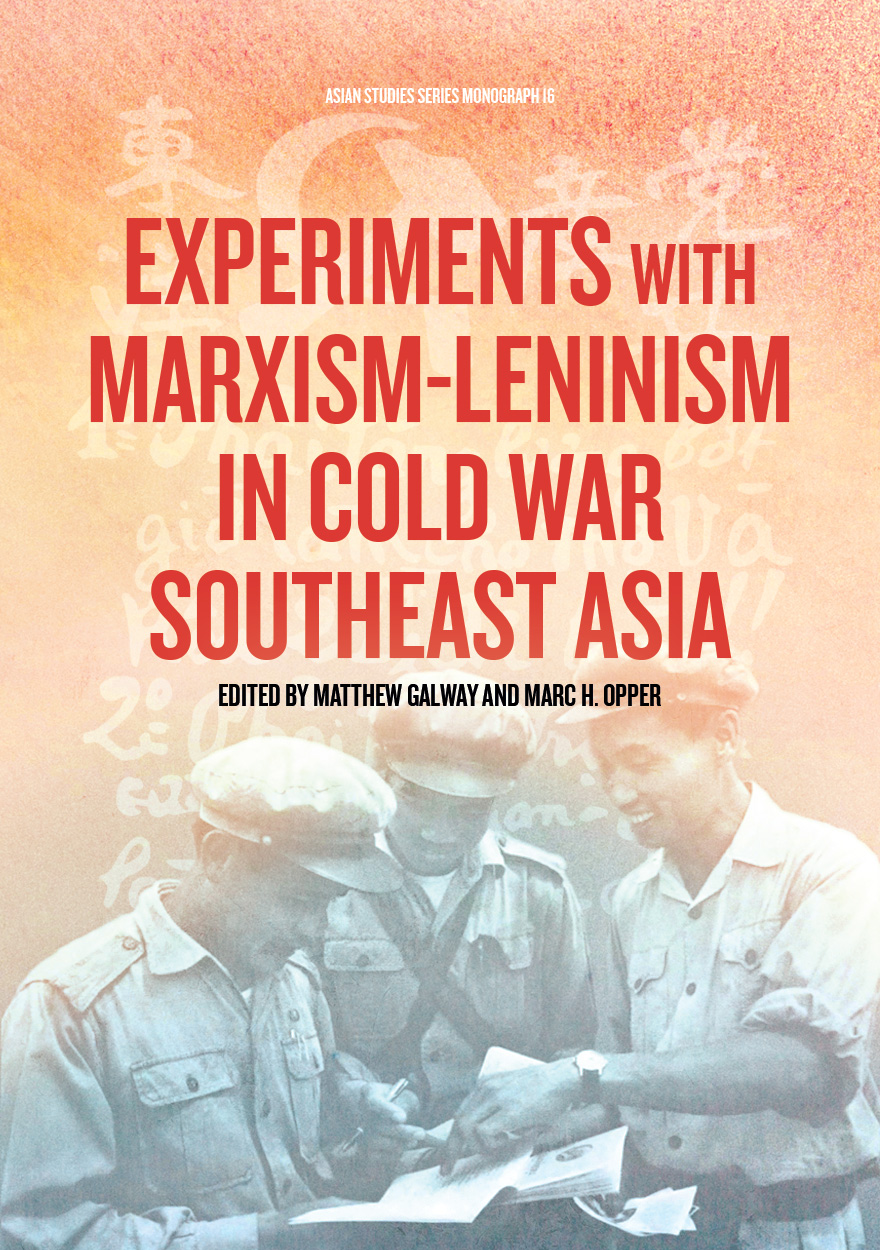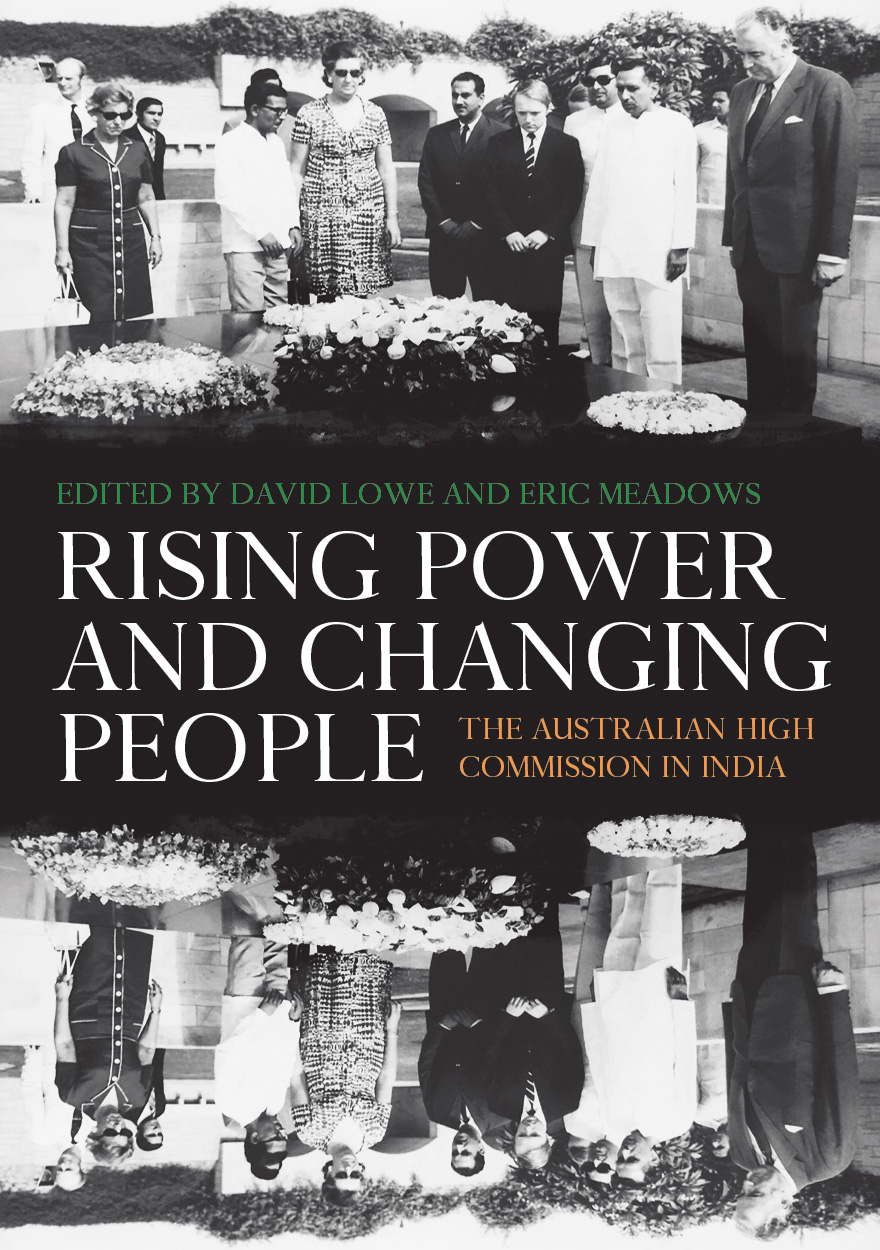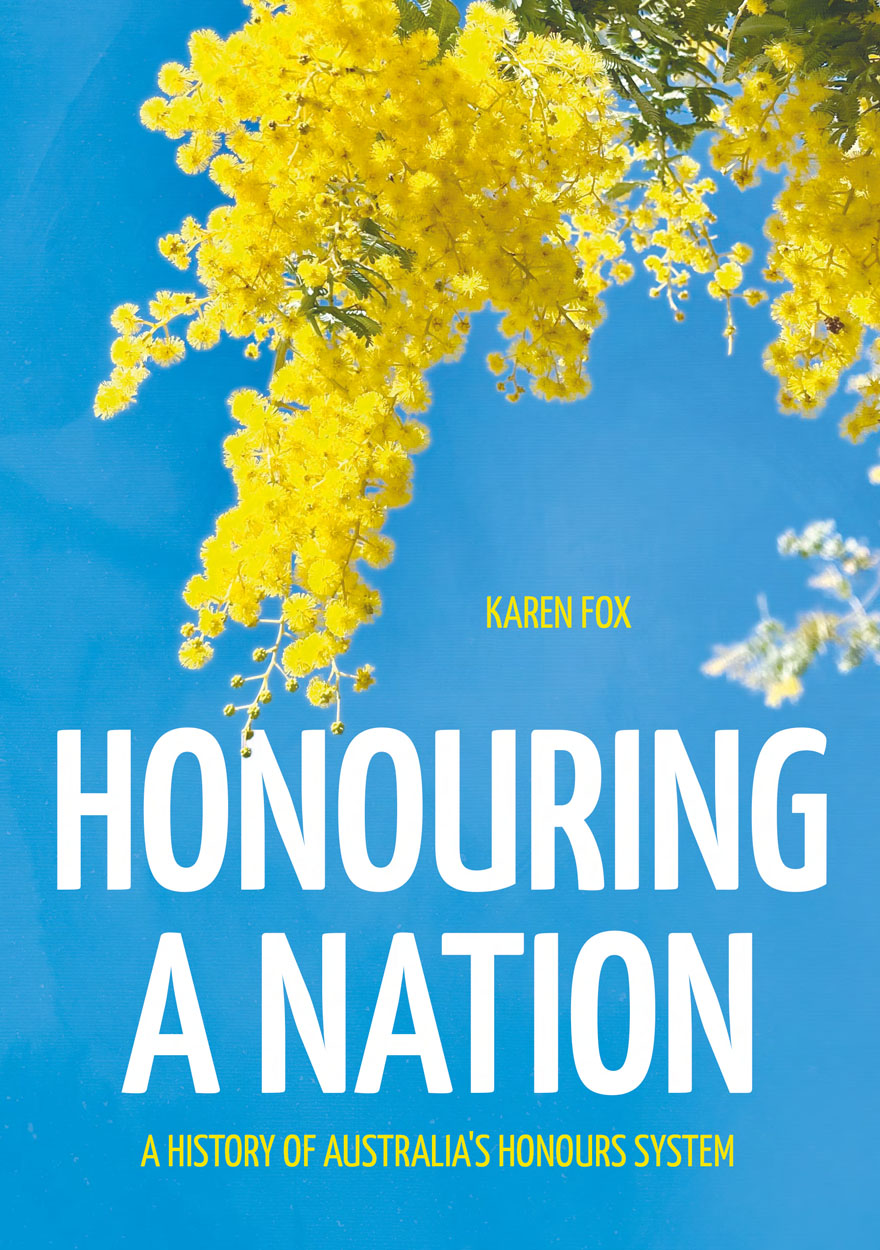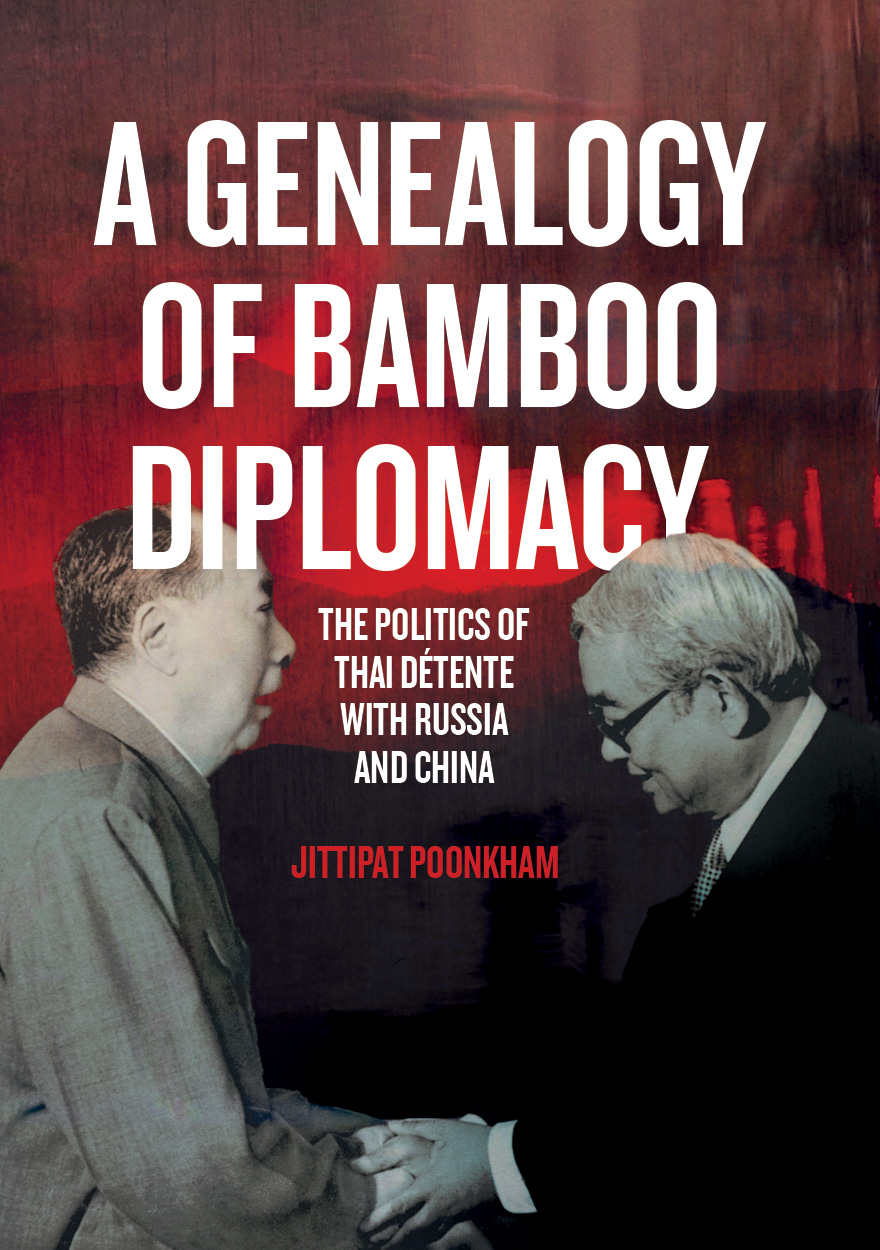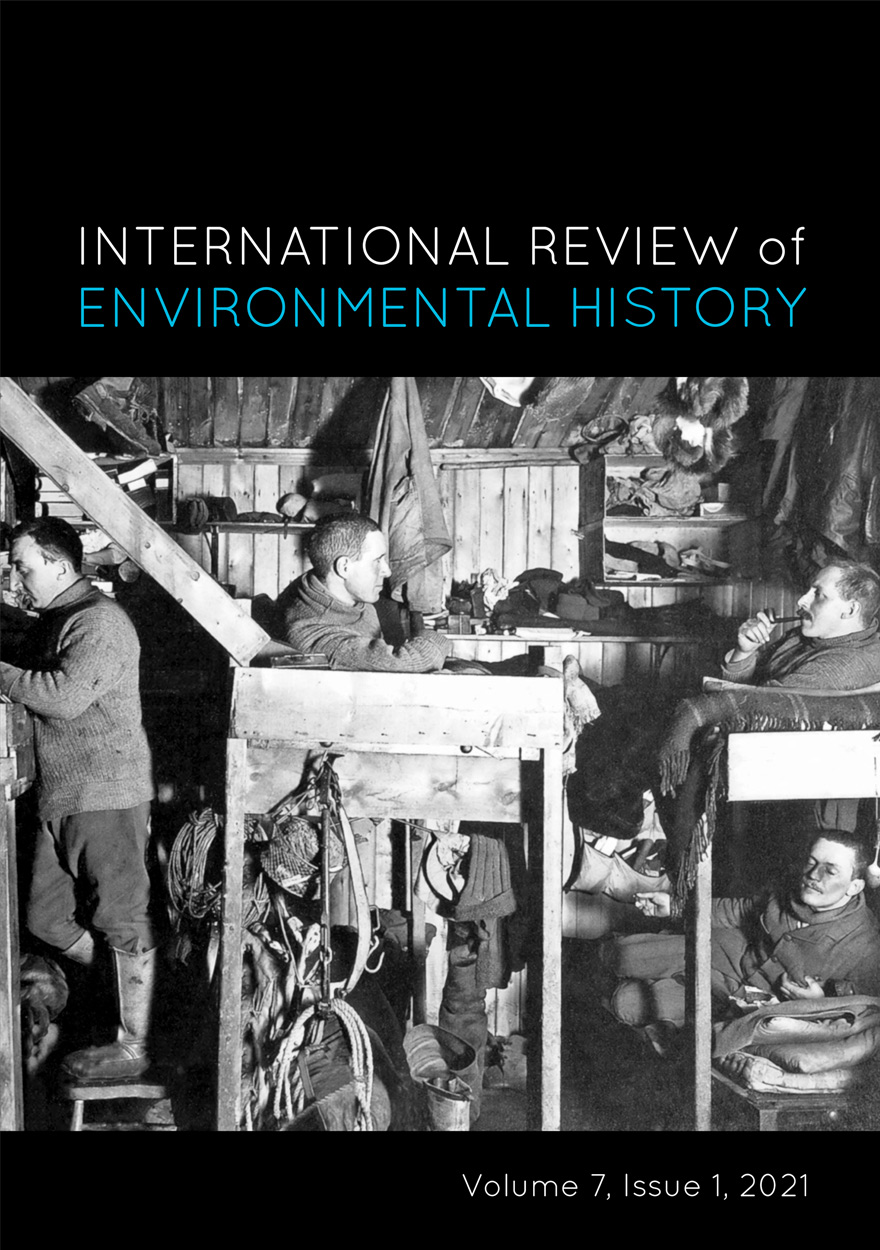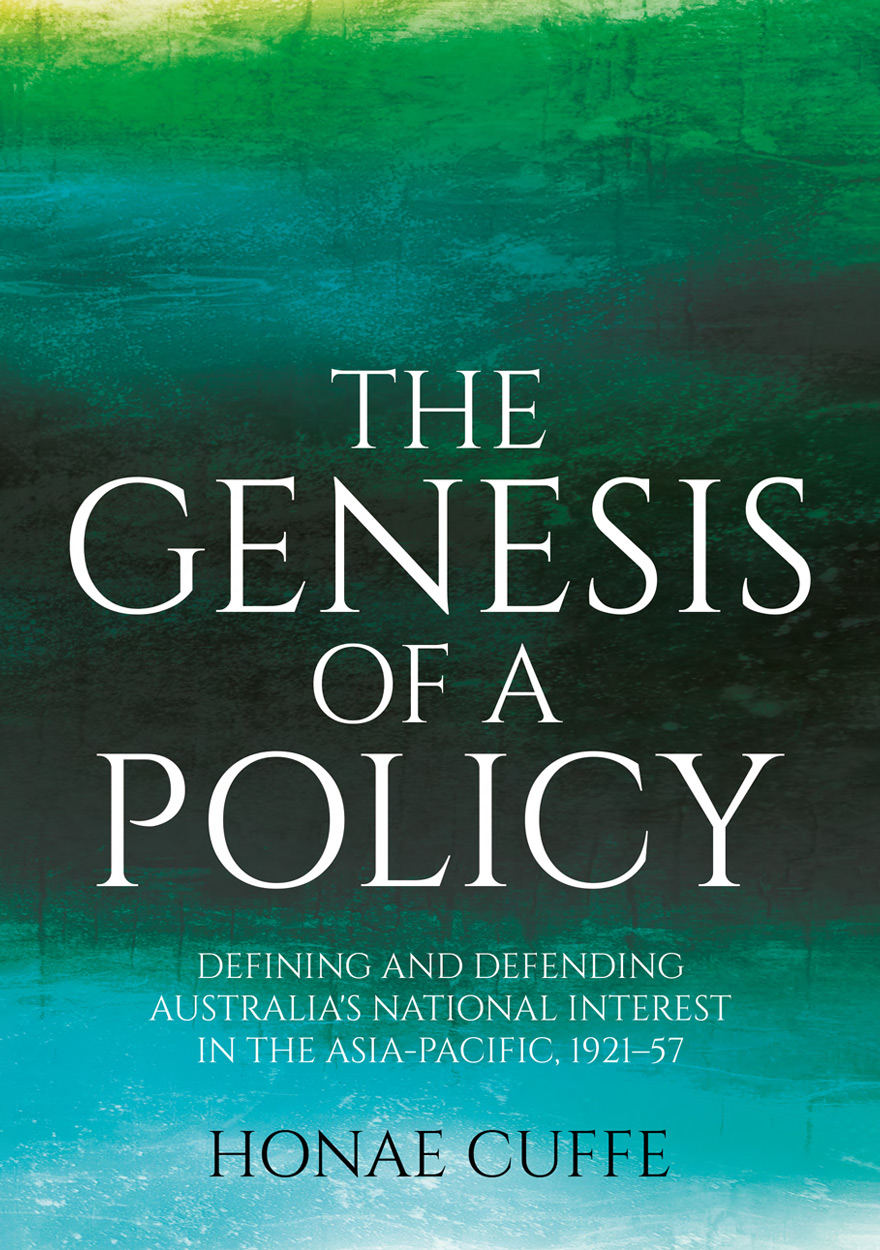
The Genesis of a Policy
Defining and Defending Australia's National Interest in the Asia-Pacific, 1921–57
Authored by: Honae CuffePlease read Conditions of use before downloading the formats.
Description
The years 1921–57 marked a period of immense upheaval for Australia as the nation navigated economic crises, the threat of aggressive Japanese expansion and shifting power distributions with the world transitioning from British leadership to that of the US. This book offers a reassessment of Australia’s foreign policy origins and maturation during these tumultuous years. Successive Australian governments carefully observed these global and regional forces. The policy that developed in response was an integrated one—that is, one that sought to balance Australia’s particular geopolitical circumstances with great power relationships and, in assessing the value of these relationships, ensure that the nation’s trade, security and diplomatic interests were served.
Amid the economic and strategic uncertainty of the interwar years, the Australian government acknowledged the shifting power distributions in the global and Asia-Pacific orders and that neither the policies of Britain nor the US completely served the national interest. The nation, accordingly, sought to intervene within the policies of the great powers to ensure its particular interests were secured. This geopolitically informed, interventionist approach, which had its genesis in the 1930s, is traced throughout the 1940s and 1950s, highlighting Australia’s gradual and uneven transition from the British world order to that of the US and the frank assessments made about which relationship best served Australia’s interests.
The Genesis of a Policy identifies a comprehensive and pragmatic approach—albeit not always effectively executed—in Australian foreign policy tradition that has not been previously examined.
Details
- ISBN (print):
- 9781760464684
- ISBN (online):
- 9781760464691
- Publication date:
- Nov 2021
- Imprint:
- ANU Press
- DOI:
- http://doi.org/10.22459/GP.2021
- Disciplines:
- Arts & Humanities: History; Social Sciences: Politics & International Studies
- Countries:
- Australia; Pacific
PDF Chapters
Please read Conditions of use before downloading the formats.
If your web browser doesn't automatically open these files, please download a PDF reader application such as the free Adobe Acrobat Reader.
To copy a chapter DOI link, right-click (on a PC) or control+click (on a Mac) and then select ‘Copy link location’.
- Preliminary pages (PDF, 0.3MB)
- Abbreviations (PDF, 0.1MB)
- Acknowledgements (PDF, 0.1MB)
- Introduction: A unique strategic position (PDF, 0.2MB)
Part 1
- The interwar setting and Australia’s strategic outlook, 1921–31 (PDF, 0.2MB) doi
- Increasing assertiveness in foreign and economic affairs, 1931–35 (PDF, 0.3MB) doi
- Expectations of the empire connection and the Trade Diversion Policy, 1936–37 (PDF, 0.3MB) doi
Part 2
- ‘A chronic lack of self‑reliance’? Australia’s response to the coming Pacific War, 1937–41 (PDF, 0.7MB) doi
- ‘An undoubted right to speak’: Projecting Australia’s influence in the postwar Asia-Pacific, 1942–45 (PDF, 0.2MB) doi
Part 3
Reviews
‘The book has a strong contemporary resonance. Australia’s most recent White Papers on foreign and defence policy and the 2020 Defence Strategic Update demonstrate the determination of Australian policy planners to do what it takes to strengthen American resolve in the Indo-Pacific. As Cuffe shows, these initiatives have deep roots in Australian history. They are not motivated by uncritical loyalty or toadying but represent a deliberate decision to preserve the long-term benefits of the US-led order. This order prioritises the rights of private investors over the sovereignty of most states and serves as a bulwark against efforts in developing countries to extricate themselves from the integrated world system dominated largely by Western investors. The dangers are evident, too: as in the Dardanelles Strait in 1922, Australia may be obliged to commit its forces in the Taiwan Strait in 2022 without a meaningful voice in US war planning. Cuffe’s work is a good examination of the deep roots of these dilemmas.’
– Clinton Fernandes, Australian Historical Studies, 53(1) 2022.
Other publications that may interest you




